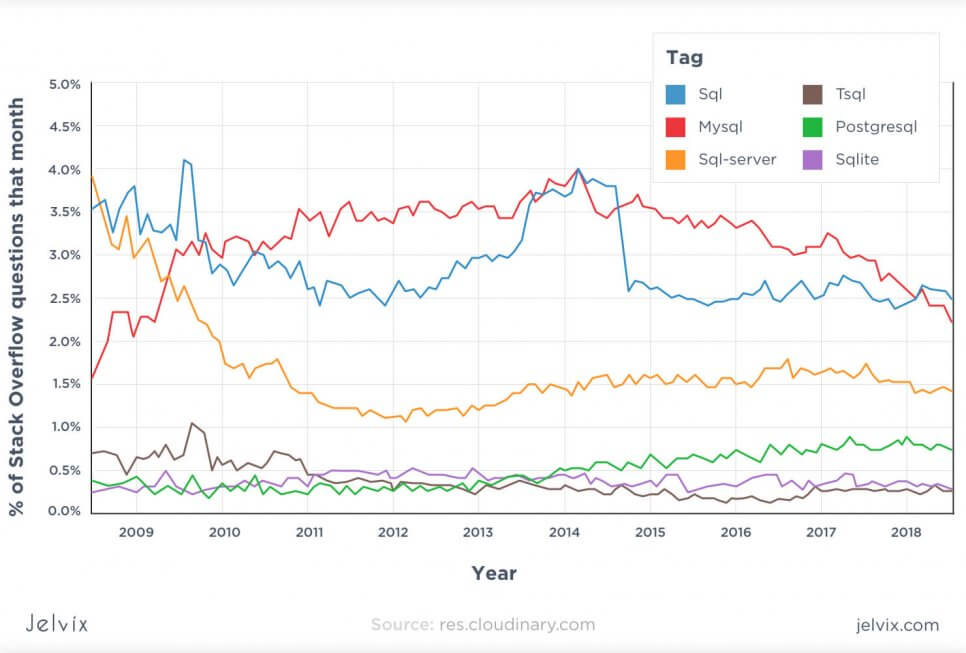
PostgreSQL is well-suited for handling large, complex datasets, and can scale horizontally using sharding or clustering. MySQL’s performance is generally fast and stable in simple scenarios but can struggle with complex queries or high data volumes. PostgreSQL’s query optimizer is highly efficient and can perform well in complex scenarios, but it can become more complex to manage as data volume grows. Supports a wide range of complex data types including arrays, hstore, JSON, and more With both having their respective advantages and disadvantages, it can be difficult to decide which DBMS is the right fit for your project.Ĭommon Differences between PostgreSQL vs. When it comes to database management systems (DBMSs), PostgreSQL and MySQL are two of the most popular open-source options. Factors such as hardware, indexing, and workload impact both PostgreSQL and MySQL performance. However, it may struggle with complex queries or large datasets, requiring additional tuning for optimal performance. It is favored for beginners and simpler data environments. MySQL is a Relational Database Management System (RDBMS) known for its simplicity and ease of use. However, managing PostgreSQL becomes more complex as data volume and complexity increases, requiring tuning for optimal performance. It excels in handling diverse data formats like arrays, hstore, and JSON. PostgreSQL is an Object-Relational Database Management System ( ORDBMS) that supports complex data types and offers efficient query optimization. While MySQL may not place as much emphasis on data security as PostgreSQL, it offers strong scalability and flexibility for high-scale applications. Additionally, MySQL boasts an extensive library of extensions, enabling users to extend its functionality and tailor it to their specific needs. MySQL’s scalability is further enhanced by its support for horizontal scaling through techniques like sharding. It offers a wide range of tools and techniques to enhance query performance, making it an excellent choice for applications that prioritize speed and scalability. While it may have somewhat less data model flexibility compared to PostgreSQL, MySQL compensates with its robust performance optimization capabilities. MySQL, also an open-source database system, excels in performance optimization and scalability. Additionally, PostgreSQL places a strong emphasis on data security, providing fine-grained user access control and built-in encryption for secure data transfer. This flexibility is particularly beneficial for applications that require intricate data relationships and structures.

With support for custom data types and the ability to implement multiple inheritance among tables, PostgreSQL enables users to structure and organize their data in a highly customizable manner. It allows users to have greater control when designing their data model for complex queries. PostgreSQL is an open-source database system that offers extensive data model flexibility. Finally, we’ll discuss why Astera Centerprise is the ultimate tool for managing your data regardless of which database you decide to use. We’ll dive into how these databases compare in terms of performance, scalability, security, as well as some of their unique features. In this article, we’ll explore the key differences between PostgreSQL and MySQL. While they both have their advantages and disadvantages, there are some distinct differences between the two.

In this blog we will look at the debate between PostgreSQL vs MYSQL. But when it comes to traditional relational databases, two stand out from the pack: PostgreSQL and MySQL. Whether you’re looking for a traditional relational database or a more modern NoSQL solution, the market has plenty of choices.

When it comes to data, there is no shortage of options. Learn How our Solutions Facilitate Seamless Finance Data Data-driven Finance with Astera Data Stack


 0 kommentar(er)
0 kommentar(er)
